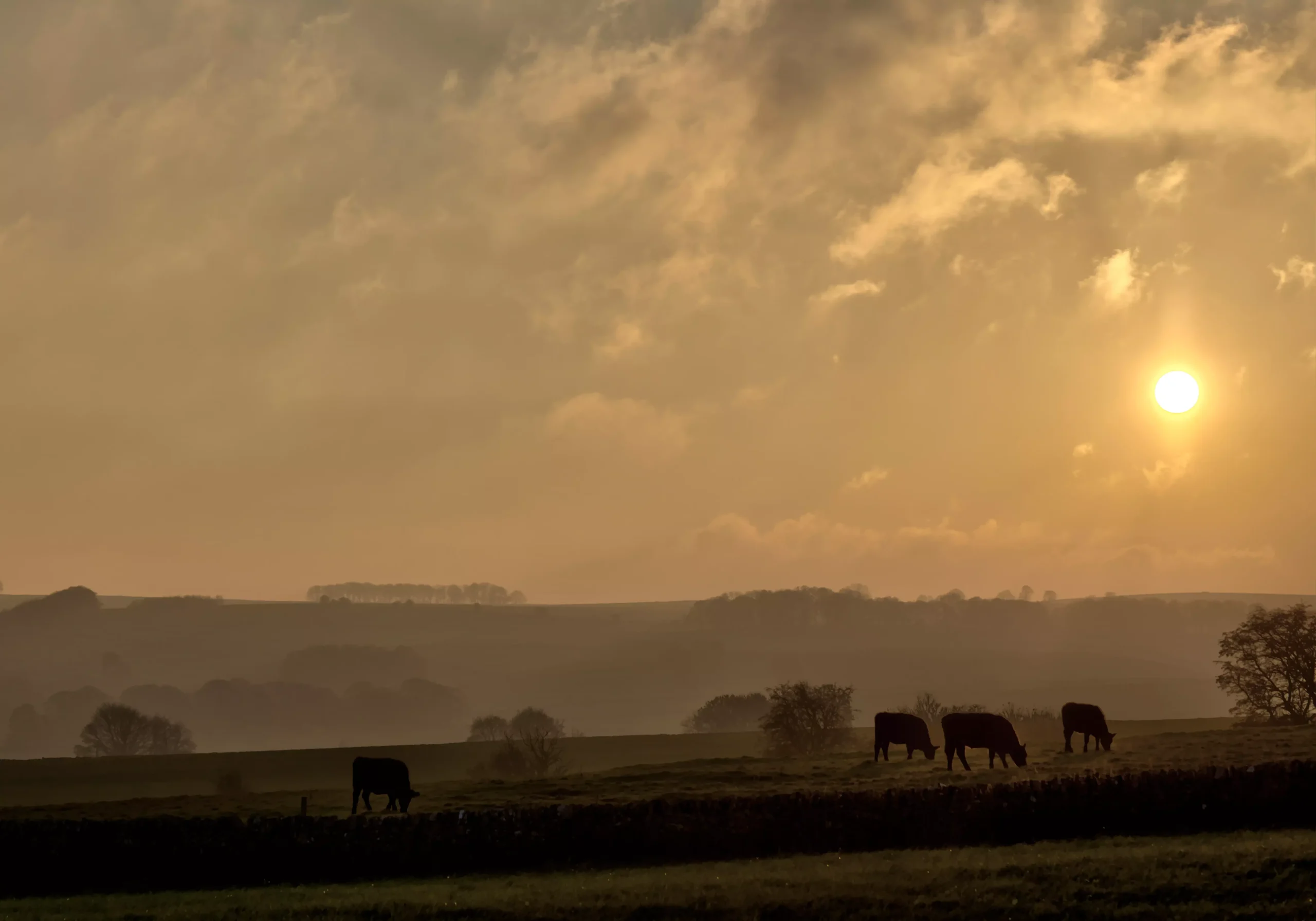This website uses cookies to improve your experience. We'll assume you're ok with this, but you can opt-out if you wish. Read More
A few years ago, my husband and I ventured out on a three-week adventure without our kids…… and we enjoyed it… Of course, the preparations lasted much longer than our absence. The easiest part was buying plane tickets and booking accommodation, the most difficult part was to arrange a safe stay for two children at home. A grandmothers and aunts unit was mobilized and everything went well.
The path led us to South America, Uruguay. Did you know that Uruguay has a population of about 3,500,000 and about 12,000,000 cows, amazing! My husband, who is a meat lover and especially likes beef steaks, was delighted by that fact, while for me the first choice would always be beans, cooked cabbage, and güveç without meat, at least this is the most delicious option for me. Although, admittedly, I wouldn’t give up on our ham, bacon, sausage or crispy pork belly cracklings.
I have to admit that I have never eaten better veal and beef specialties in my life.
Animal husbandry is not an easy job, and in the last few years a campaign has been launched to reduce the number of livestock cattle because it is believed that this will save our planet Earth from ruin?!?!?!
Did you know that:
- 14.5% of the pollutants emitted into the atmosphere are due to livestock farming, and 14% are due to transport
- About 1000 liters of water is needed in order for a cow to give 1 liter of milk
- It takes about 15,000 liters of water to produce one kilogram of beef
- Over the past 40 years, 40% of the forests in South America have been cut down in order to increase cow pasture areas.
You have to admit that it sounds scary and it would certainly be a good idea to have the next serving of veal steaks, beef stew or beef goulash far smaller and not so often on our table.
The information provided explains the strengthening of veganism and the “green movement” with goals of saving our only planet Earth. These data suggest that we should reduce or even eliminate animal products from our diet.
If everyone in the world switched to a purely plant-based diet, the Oxford University study found that the following would be reduced:
- Emissions of harmful gases (as a result of food production) by 49%.
- Land use for food production purposes by 76%.
- Eutrophication of water (algal bloom) by 49%, where fertilizer matter enters the water surface thus destroying the ecosystem and diversity of the living world.
- Water consumption by 19%.
While it may sound quite understandable and logical for the whole world to switch to a plant-based diet, it is neither easy nor sustainable. Excluding foods of animal origin from our diet would lead to growing food of plant origin, which would provide the necessary fats and proteins. Almonds, due to their high fat and protein content, play a very important role in a plant-based diet, and to produce just 1 kilogram of these nuts, about 16,000 liters of water is required. This just shows us that switching completely to a plant-based diet does not guarantee the salvation of our planet.
One study has shown that if every family in the UK alone replaced one meat meal a week with a meal exclusively formed of plant-based foods, the environmental impact would be the same as removing 16 million cars from the streets.
Most people believe that switching to a plant-based diet automatically ensures good health, but that may not actually be the case. A vegan diet naturally contains a lower percentage of calcium, vitamin D, iron, vitamin B12, zinc and omega-3 fatty acids. To prevent the deficiency of essential vitamins and minerals, many vegans take in supplements.
Although I am not in favor of completely eliminating food of animal origin, I believe that their quantity needs to be reduced, and that it is quite justified that some days be completely free of food of animal origin.
If such changes were accepted, there would be:
- A significant reduction of gas emissions.
- A reduction or even elimination of the need for intensive livestock farming, which has a significant impact on the environment.
- A controlled livestock farming, which can reduce soil erosion.
It just takes a little of our effort to make big positive changes. Our real need for meat is far smaller than the portions we eat.
Being moderate not only saves our health but also our planet.



